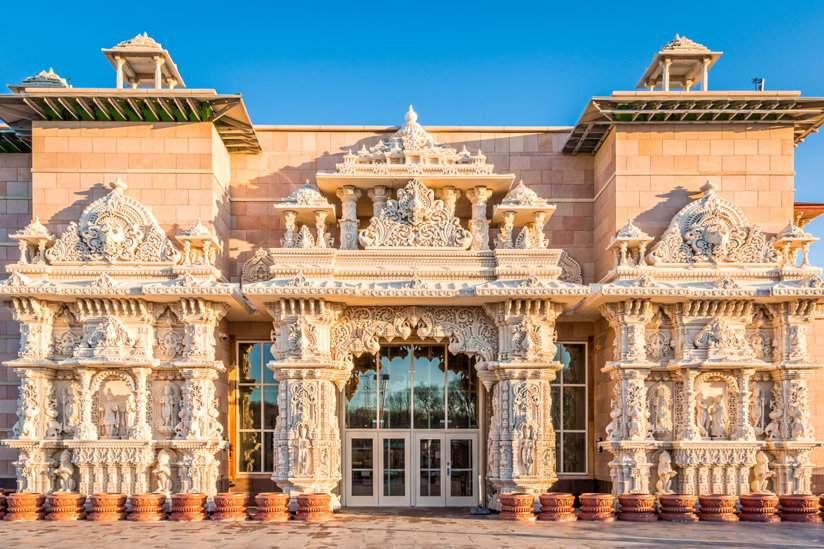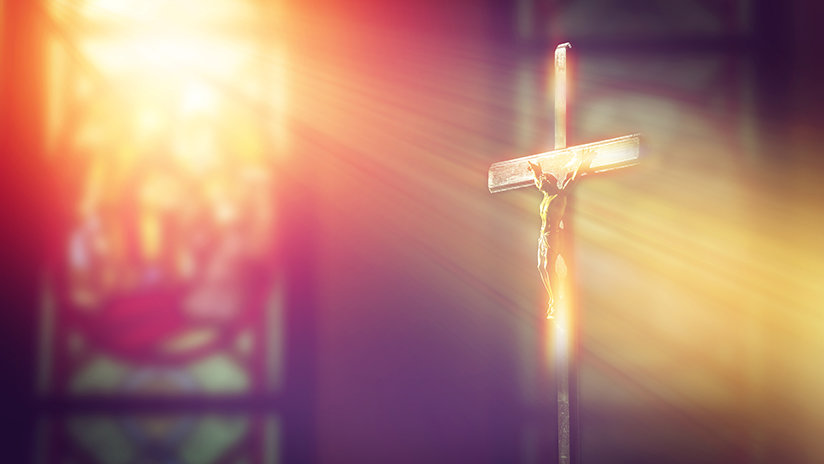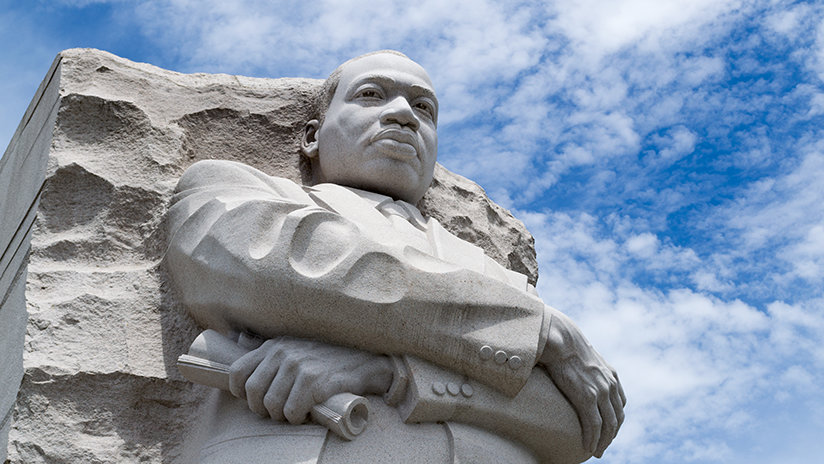
-
HOME
-
WHAT IS STANDOur Mission Our Values Our Help Contact
-
WHAT WE FIGHT FORReligious Freedom Religious Literacy Equality & Human Rights Inclusion & Respect Free Speech Responsible Journalism Corporate Accountability
-
RESOURCESExpert Studies Landmark Decisions White Papers FAQs David Miscavige Religious Freedom Resource Center Freedom of Religion & Human Rights Topic Index Priest-Penitent Privilege Islamophobia
-
HATE MONITORBiased Media Propagandists Hatemongers False Experts Hate Monitor Blog
-
NEWSROOMNews Media Watch Videos Blog
-
TAKE ACTIONCombat Hate & Discrimination Champion Freedom of Religion Demand Accountability
Hinduphobia Is on the Rise in America
At about 2:30 a.m. on August 3, just under 75 years after an assassin’s fatal attack on Mahatma Gandhi, another attack occurred, this time on his statue outside the Shri Tulsi Mandir Hindu temple in Queens, New York. The statue was defaced and pushed into a planter.

Then before dawn on August 16, the morning after India’s 75th Independence Day, six men were caught on surveillance video demolishing the same statue with a sledgehammer and spray-painting the word “dog” in English and Hindi on the temple grounds.
It took the second attack to prompt police to investigate the act as a hate crime.
“The attacks on the statue of Mahatma Gandhi in Queens are just the latest in an escalating and disturbing trend of anti-Hindu hate,” a spokesman for the Coalition of Hindus of North America said.
“An attack on the Gandhi statue is an attack on the ideals of mutual respect, understanding and peace,” added the Coalition’s president, Nikunj Trivedi.
“An act of hate against any community is an act of hate against all of us.”
Richmond Hill, the Queens neighborhood where the vandalisms occurred, is a diverse one, as evidenced by the multifaith body that gathered in solidarity on the morning of August 9 in the wake of the first attack. At the gathering, Assemblywoman Jenifer Rajkumar, the first Hindu American ever elected to New York State office, said, “Hinduism is not just about tolerance. It is about actively loving people from different backgrounds and different faiths. This was Gandhi’s dream.”
“An act of hate against any community is an act of hate against all of us,” said Jewish Assemblyman David Weprin, who represents parts of Richmond Hill. I may not come from a Hindu background, but I view this vandalism as if it were an act against my own synagogue.”
Over the last year, local Hindu and government leaders have expressed concern about what they see as rising hate crimes targeting the Hindu community. Earlier in 2022, an eight-foot bronze statue of Gandhi in New York City’s Union Square was similarly vandalized. Attacks in California and Washington, D.C., have led to an increase in national attention on anti-Hindu violence and hate speech, and a study released in July by Rutgers University warns of a significant rise in Hinduphobia on social media.

Unfortunately, because Hinduphobic verbiage and tropes are not yet recognized by social media platforms like Twitter, this kind of targeted hatred, which “reliably precedes real-world violence,” largely gets free rein, the study’s head researcher, Joel Finkelstein, explained.
With authorities and community now on the alert to such incidents, the hope is that there will be greater pushback against these and other hate crimes. One Californian Hindu who, this past July, was subjected to eight minutes of abusive hate speech at a Taco Bell before being spat on, commented, “Being a Hindu means you are a universal human. At the end of the day, everyone has a soul, and every soul has a light. That’s the true spirit of Hinduism.”









